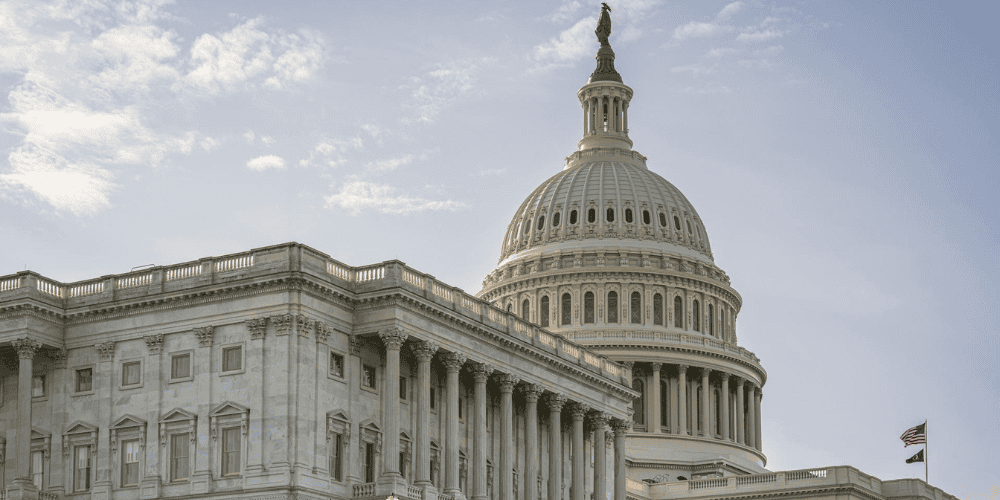
Market Overview
A potential government shutdown introduces significant uncertainty into financial markets, a situation that typically leads to cautious investor sentiment. The immediate impact would be felt through federal furloughs, affecting hundreds of thousands of government employees and potentially dampening consumer spending. Crucially, a shutdown would delay the release of vital economic reports, including inflation data, employment figures, and retail sales, making it challenging for policymakers and investors to accurately gauge the health of the economy. This data vacuum complicates the Federal Reserve's monetary policy decisions and can lead to increased market volatility as participants operate with incomplete information. The disruption could also marginally impede GDP growth, even if the shutdown is relatively brief, due to the cessation of non-essential government services.
Trading Implications
Traders should brace for heightened volatility across asset classes in the event of a government shutdown. Equities, particularly those reliant on government contracts or consumer discretionary spending, may experience selling pressure as the economic outlook darkens and consumer confidence wavers. Conversely, traditional safe-haven assets such as U.S. Treasury bonds and gold could see increased demand, reflecting a flight to safety among investors. Currency markets might also react, with potential weakening of the U.S. dollar if the shutdown is prolonged and perceived as a sign of political dysfunction. Investors might consider defensive strategies, rebalancing portfolios towards less cyclical sectors, or implementing short-term hedging positions to mitigate potential downside risks.
Key Insights
The looming threat of a government shutdown underscores the significant interplay between political stability and market performance. Beyond the immediate financial implications, the delay in economic reporting highlights a systemic vulnerability: reliable data is fundamental for informed capital allocation and macroeconomic forecasting. While most shutdowns have historically had a temporary economic impact, the cumulative effect of repeated fiscal impasses can erode investor confidence and raise the perceived risk premium of U.S. assets over time. Market participants must closely monitor legislative developments and assess the duration and scope of any potential shutdown to accurately project its influence on specific sectors and the broader economic landscape.